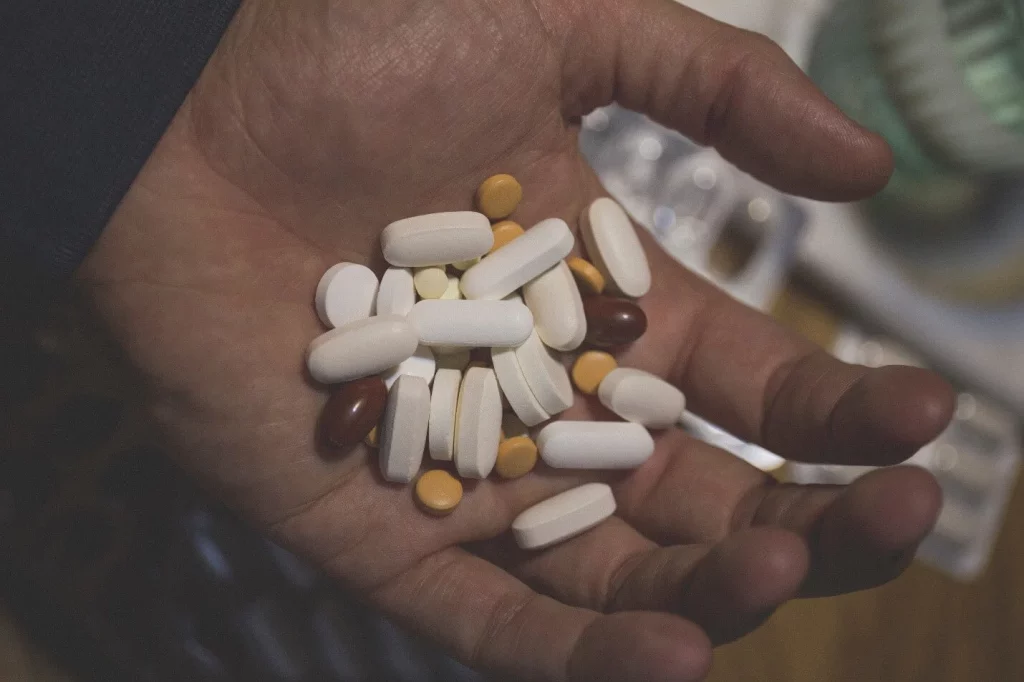The opioid painkiller hydrocodone, also known by the brand names Anexsia, Vicodin, Vicoprofen, and Norco, is a drug available with a doctor’s prescription (Signs of Hydrocodone Overdose).
It is the opioid analgesic that is most frequently prescribed in the United States, and it is abused and diverted more regularly than any other opioid, whether it is legal or illegal.
A study in the US conducted between 2004 and 2008 revealed that, among the opioids, hydrocodone, oxycodone, and methadone were responsible for the highest number of emergency room visits.
If you use hydrocodone frequently, you are at risk of overdose. A hydrocodone overdose can be lethal, so it’s essential to know the signs of an overdose so you can help someone in trouble and avoid a fatal outcome.
Symptoms and Warning Signs of Hydrocodone Overdose
When someone overdoses on hydrocodone, they take a dose that is too high for their body and brain to process, which can have a range of harmful health implications. Early detection of overdose symptoms is essential to get immediate medical attention and prevent long-term harm or even death.
The following are possible signs of hydrocodone overdose:
- Vomiting
- Miosis, or abnormally constricted pupils
- Low blood pressure
- Dizziness
- Confusion
- Shortness of breath
- Cold and clammy skin.
- Bluish lips and nails
- A frail body
- Loss of consciousness
- Seizures
Hydrocodone in Combination drugs
Many hydrocodone medications come in combination products. Acetaminophen, aspirin, ibuprofen, or antihistamines are commonly found in combination drugs that contain hydrocodone.
The user of these combination items also faces a significant risk of serious harm from an overdose on any of these other medications.
In large doses, the most popular hydrocodone combination is hydrocodone and acetaminophen. Abuse of acetaminophen can cause significant liver damage and result in long-term or even permanent loss of liver function.
Risk Elements
Products containing hydrocodone are precisely dosed for each individual; thus, using them contrary to a doctor’s guidelines can raise the danger of an overdose. The following additional elements can make someone more vulnerable to a hydrocodone overdose:
1. Using hydrocodone drugs against their intended uses.
Hydrocodone is a medication that can help relieve pain. However, taking hydrocodone in ways that are not prescribed, such as crushing and snorting or dissolving and injecting hydrocodone, is unsafe and should be avoided.
2. Using hydrocodone products illicitly.
Each patient’s prescription is unique and precise, so the dosage that works for one person can be too high for another.
3. Taking hydrocodone in escalating amounts.
Users of hydrocodone who abuse it frequently develop a tolerance, which means they need higher dosages to achieve the same high. These increasing amounts could eventually cause the person to experience an overdose.
4. Taking hydrocodone after a prolonged abstention.
A person’s tolerance is reset after a prolonged period of abstinence. The danger of overdosing can increase significantly if the user goes back to their pre-abstinence dose.
5. Combining medicines that include hydrocodone with others.
More severe symptoms may result from the interaction or compounding effects of additional medications.
Other risk factors include being older, having a history of drug abuse, and having other health problems.
How to Handle a Hydrocodone Overdose
The best method to assist someone who is taking too much hydrocodone is to contact 911 right away to request emergency assistance. The attentive care needed to treat an opioid overdose and prevent irreparable harm or death is best provided by healthcare experts.
The overdosing person should be kept awake and upright while waiting for emergency personnel to come, if at all feasible. When the emergency services come, they should be informed of their status and should be closely monitored. A qualified person can do CPR if breathing has stopped or is very feeble.
When the medical team arrives, give them all the details you can, including the drug they took, how much they took, when and how, the symptoms displayed, their condition while they were waiting, and any changes that may have occurred.
The ailing person will be closely watched for heart rate, temperature, respiration, and blood pressure problems and treated accordingly once in the expert hands of emergency staff.
Some hydrocodone overdoses may necessitate the administration of naloxone, which inhibits opioid receptors to instantly reverse the effects of opioids when severe respiratory depression is a problem. Additional antidote medication (acetylcysteine or Mucomyst) will be given in cases of concomitant acetaminophen overdose.
Preventing Overdose on Hydrocodone
For those with an abuse issue, being proactive in preventing hydrocodone overdose could mean the difference between life and death.
Assisting a person battling with addiction to acquire abilities that will enable them to deal with cravings, avoid relapse, comprehend addiction better, and get a deeper understanding of their motivations keeps them from succumbing to drug usage.
Options for the hydrocodone treatment:
Habitual hydrocodone users may be able to go to a rehab center, a detox center, or a medication-assisted treatment program. Some of the options available include:
1. Outpatient treatment
Programs for outpatient treatment allow patients to remain at home while undergoing treatment. This requires the discipline to attend scheduled therapy sessions.
2. Inpatient treatment
Programs that allow patients to stay overnight at a completely sober treatment facility with round-the-clock care while receiving therapy.
3. Self-help groups
Free self-help groups, like Narcotics Anonymous and Alcoholics Anonymous, are good therapy supplements that can aid recovering users in creating a social network of sober support.
These groups are made up of people who have been through similar situations and experiences as recovering patients. They can, therefore, be a great source of support and understanding for you as you recover from using drugs or alcohol.

Get Treatment
If you are using hydrocodone and are feeling unsafe or uncomfortable, this is the right moment to get treatment because a hydrocodone overdose is very dangerous and could be fatal.
Contact a program specialist by phone or text to find the best program for your needs and get started on the road to recovery right away.


